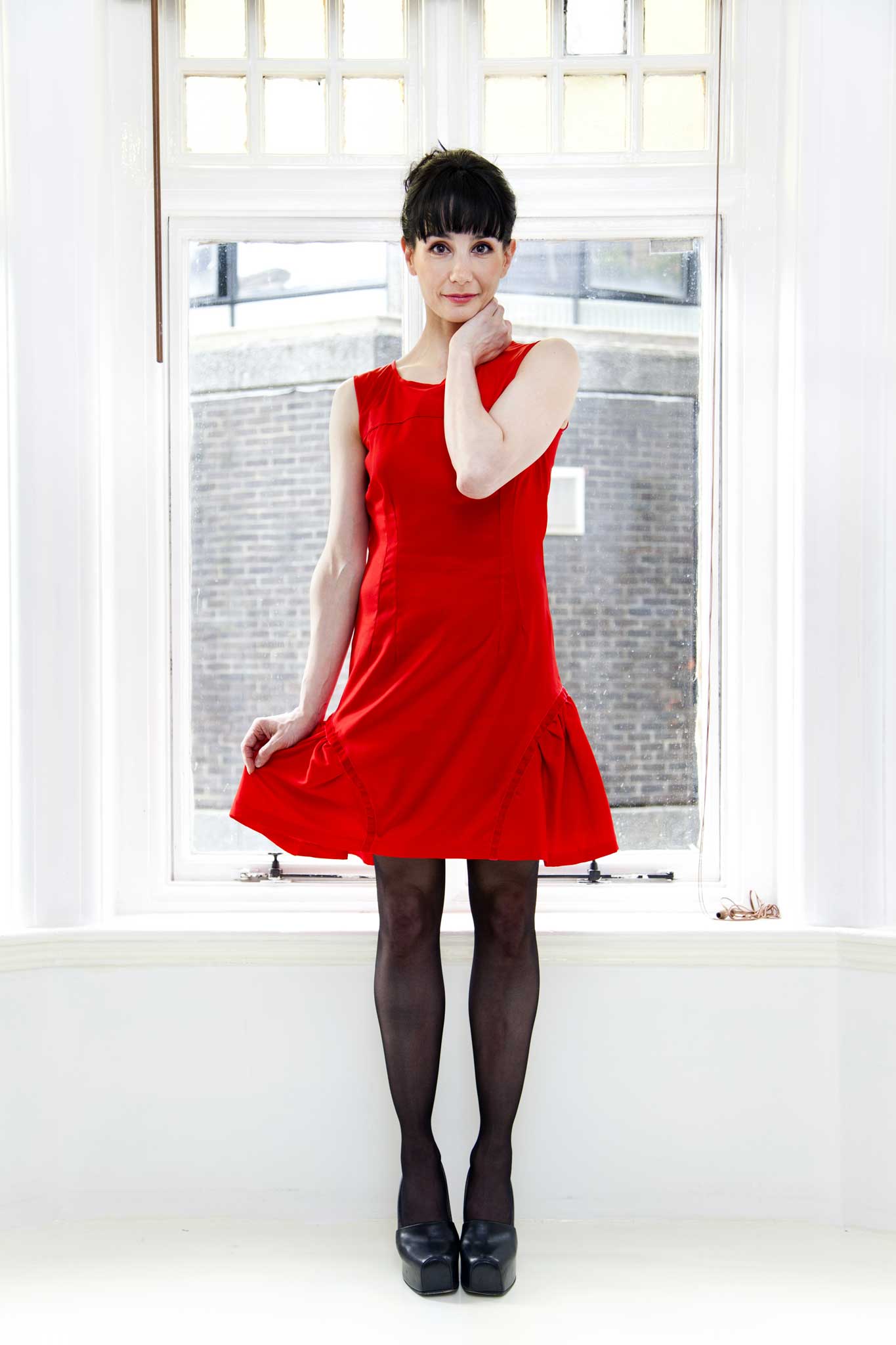Tamara Rojo: The ballet-dancer-turned-artistic-director on her burst appendix, the Bolshoi acid attack and elitism

Your support helps us to tell the story
From reproductive rights to climate change to Big Tech, The Independent is on the ground when the story is developing. Whether it's investigating the financials of Elon Musk's pro-Trump PAC or producing our latest documentary, 'The A Word', which shines a light on the American women fighting for reproductive rights, we know how important it is to parse out the facts from the messaging.
At such a critical moment in US history, we need reporters on the ground. Your donation allows us to keep sending journalists to speak to both sides of the story.
The Independent is trusted by Americans across the entire political spectrum. And unlike many other quality news outlets, we choose not to lock Americans out of our reporting and analysis with paywalls. We believe quality journalism should be available to everyone, paid for by those who can afford it.
Your support makes all the difference.I was hooked on ballet from an early age I was five, watching a class all dressed in pale-pink led by a thin, beautiful teacher dressed in burgundy. She was so different from the other teachers at my school, who were nuns. My parents didn't want me to do ballet, so I insisted until they gave up: I used crying and all the manipulative tricks little kids have.
Being a principal dancer was lonely I was only 18 when I moved to Glasgow, as a principal at the Scottish Ballet and I was a principal at the Royal Ballet, too. I didn't hang out with the rest of the company – as a principal dancer, you rehearse on your own, as you have more responsibilities. I led a reclusive life; I didn't go out, because I was so exhausted. In that environment, it wasn't easy to make friends.
Glasgow was a dark place It was so cold and it rained every day, so it felt a little miserable at first. I'd just moved away from home [Rojo grew up in Spain] and lost my boyfriend, so the melancholia I felt seemed to fit the city. It was so gloomy that I would switch on every light in every room of the flat. In Madrid, where I trained, even the winter sun looked amazing and the sky was always crystal-clear.
I felt a pressure to carry on after my appendix burst I was performing as Clara in The Nutcracker, while principal dancer at the English National Ballet, in 2002. [Rojo was rushed to hospital and following treatment was advised to take six weeks' rest.] I didn't want to stop or be away from the stage. I came back after two weeks and the management said, "Are you sure you are OK to perform?" And I said yes. I should have said no. [Rojo subsequently returned to hospital.]
What goes on at the Bolshoi reflects the state of Russia [A dancer confessed to ordering an acid attack on the company's artistic director.] The problem with the Bolshoi is the powers that lie behind it. Dancers are not just dancers; they are often friends of ministers, who give them patronage, so it's not a healthy environment of artistic criteria that's at work, but a network of people pushing their protégés – which is unfair, and can become violent.
Access to culture should be a human right Culture defines us as human. It allows us to express ourselves, it's the way we learn about history, it's the way we understand the culture that we live in and it creates a connection between us all. The arts cuts have an impact on this ability, and for the English National Ballet, it means we sometimes can't go to places that we've not been before, or we're more conservative about the works we introduce.
Ballet is not elitist It's for, and by, young people, so it reflects our society today and it's actually the cheapest art form – you can get tickets for £10. Yes, some pieces may be 100 years old, but the philosophical arguments contained in them are eternal.
We still do the ballet classics for economic reasons But performances such as Swan Lake and The Nutcracker are also important as a first door for many people who otherwise wouldn't try watching ballet. I also think they are a way to measure the quality of a company and a dancer. But yes, running them constantly can become repetitive.
I never rest enough It's what my boyfriend [Olivier award-winning theatre-lighting designer Neil Austin] says. It's because I'm so driven that I never switch off. He's says to me, "Take a day off!" But I don't think I'll be able to stop until the day I retire.
Tamara Rojo, 39, is the artistic director of the English National Ballet. Its 'Tribute to Rudolf Nureyev' is at the London Coliseum from Thursday to 27 August (ballet.org.uk)
Join our commenting forum
Join thought-provoking conversations, follow other Independent readers and see their replies
Comments